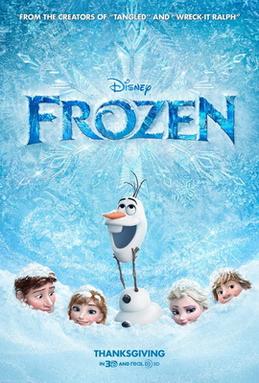A quote is the most common piece of information that needs a citation. You quote something when you re-use, either in part or in whole, a piece of information exactly as you first encountered it. Quotes are set aside in text with special markers, such as quotation marks ("") or block-style indentation.
Example:
Original work:
If this fall into thy hand, revolve. In my stars I
am above thee; but be not afraid of greatness: some
are born great, some achieve greatness, and some
have greatness thrust upon 'em. Thy Fates open
their hands; let thy blood and spirit embrace them;
and, to inure thyself to what thou art like to be,
cast thy humble slough and appear fresh.
Quote in new document:
When taken with the phrase "cast thy humble slough and appear fresh", it is clear that "greatness" is at least somewhat encoded to have an association with status or rank, rather than simply a measure of any personal valuation (Shakespeare, Twelfth Night).
The words in the quote exactly match those from the original document, so the quotation marks are used around the quoted section, in addition to the citation.
A summary is a condensed description of, usually, an entire work or idea. Summaries are written using your own, unique words, but the content is pulled from another source. In these cases you need to cite the source of the original information. For example, if you were to distill the plot of Disney's Frozen into a couple of sentences, you would need to give credit to either Disney, the publisher, or Jennifer Lee, the primary writer.
Example:
Original work:

Summary:
As children, Anna and Elsa are separated after Elsa accidentally injures Anna with her powers, with which she controls snow and ice. They grow up kept from one another, and are further estranged after their parents, the king and queen, die. When she comes of age, there is a ceremony to crown Elsa as the new queen, which gives Anna the chance to explore the town. During this exploration, Anna finds a potential suitor in Prince Hans. At the ceremony in the castle, Elsa is overwhelmed and unleashes her powers. Fearing repercussions, she flees, but the outburst causes the kingdom to fall into an eternal winter. Anna leaves to find Elsa, finding help along the way from Kristoff, an ice salesman, and Olaf, a snowman brought to life by Elsa’s powers. (Disney, 2013)
The citation shows that the content of the summary is not original thought but instead lifted from another source.
A statement is paraphrased when new, unique words are used to describe an existing concept, argument or opinion. In this case, while the actual words written down will be your own, you need to cite the source of the information. Different from direct quotes, there are no stylistic markers for paraphrasing. This is why it is incredibly important to make sure citations are included, informing your audience of the source of your knowledge.
Example
Original statement:
But, when talking privately with friends, it's gonna get more complicated. Because situations where your friends want to talk excitedly about a thing that you don't wanna know anything about present a choice: fun conversations with friends or, unspoiled media experience.
(From: Rugnetta, M. [PBS Idea Channel]. (2014, July 9). Are There Rules For Spoilers? [Video file]. Retrieved from https://www.youtube.com/watch?v=eOztr628Evw)
New statement:
In contexts of intimate conversations, the choice of participating fully in the social situations must be weighed against the threat of removing mystery from the narratives in which a person is invested (Rugnetta, 2014).
Including the citation gives credit to the original author of the idea, even though the concept is being described in a new way.
Common knowledge does not need to be cited. Of course, the challenge is defining what counts as common knowledge. In professional circles, common knowledge is dictated by the audience. An audience of English Literature scholars does not need a citation when "the hero's journey" is referenced, because one can assume the audience has an understanding of that idea and knows how to look up more information if they need it. However, if you were to speak to the same audience about the insulating properties of graphene, you'll want to give a citation so that they know how to get back to the source of information, should they need to.
As an undergraduate student at Clemson, a shorthand to determine if something is common knowledge is this: is the information something you can reasonably assume every other undergraduate student at Clemson already knows? If yes, then it is common knowledge. However, if you think it is something students outside your discipline may be unfamiliar with, or it is an obscure fact, it is not likely to be common knowledge and you should include a citation.
